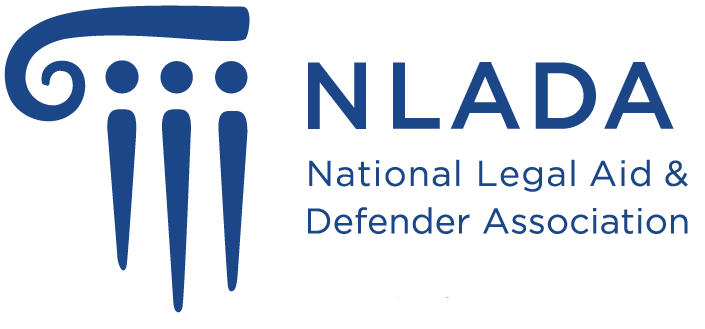Uniting Adversaries for Fundamental Justice Reform
Prosecutors and public defenders are adversaries in the courtroom. Yet they do not have to be adversaries outside of it. In fact, prosecutors and defenders have unique leverage to collaborate to change public opinion and reduce the over-use of jail.
The Association of Prosecuting Attorneys (APA) and the National Legal Aid & Defenders Association (NLADA) are leading the way in encouraging cooperation between these natural courtroom foes, who are key stakeholders within the criminal justice system and are best positioned to advance sustainable reforms. Our latest joint project, Beyond the Adversarial System: Achieving the Challenge, provides tangible recommendations for prosecutors and public defenders to effectively collaborate.
We recognize the legitimate challenges facing both prosecutors and public defenders when they take on this new role of collaborators. Both parties must uphold their constitutional roles in the adversarial system and also manage public perception challenges. Public defenders must be concerned about appearance when they are perceived as “working with the prosecutors”—instead of being loyal to their clients—while prosecutors are similarly challenged when they are involved in reforms that might not be included as part of their traditional roles in the courtroom. To work through these perceptions, we advise that prosecutors and defenders be understanding to the other’s limitations and obligations.
Our recommendations include avoiding placing blame on the other party, identifying commonalities and shared goals, using data for objective analysis, and working with local criminal justice coordinating councils and state agencies that manage criminal justice grants and information. These recommendations have already been used successfully by some jurisdictions, and have fostered collaborative relationships between unlikely allies to bring about justice reform.
From recommending mediators for difficult conversations—and soliciting media experts’ assistance for unified messages—to providing intentional actions for positive relationships amongst attorneys, the report provides practical steps to establishing effective collaborative models.
By implementing tangible ideas from the report, prosecutors and defenders in Pima County, AZ; Mecklenburg County, NC; Spokane County, WA; and Milwaukee County, WI—who are all part of the Safety and Justice Challenge network—have been able to strengthen relationships for collaborative reform. We are optimistic that these ideas, in practice, will pave the way for future justice reform as well.
This article was originally written for and published with the Safety and Justice Challenge, a $100 million investment by the John D. and Catherine T. MacArthur Foundation aimed at changing the way America thinks about and uses its jails. For the orginal article, look here.
Authors:
April Frazier Camara, Director, Defender Legal Services Initiatives, NLADA
Marlene Biener, Deputy General Counsel, APA

